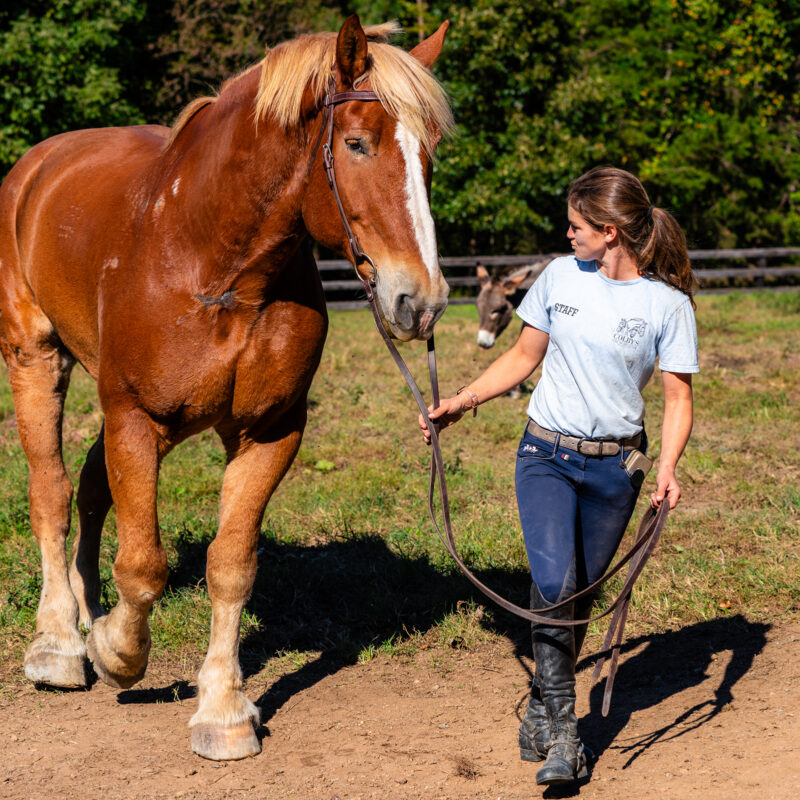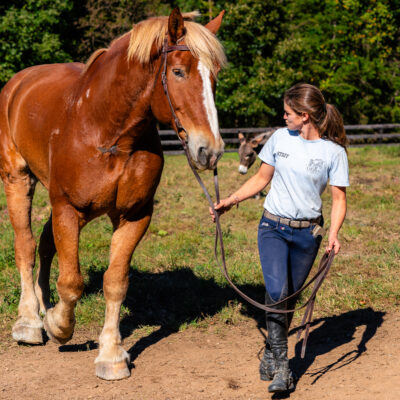Some nights just feel right. You’re wearing a new pair of socks, the stars are out, and once that little Honda turns over, all the red lights turn green. Last Monday was such a night, when I went to the Twisted Branch Tea Bazaar to pick up some things I’d left there after playing a gig of my own the Saturday prior. Inside, a couple of friends were sitting with an incredibly old man—like, really old—who was talking about the right way to treat a lady. The man stood with the help of his cane and walked up to me and asked the question that was on everybody’s mind: “Do you know who I am?”
|
T-Model Ford claims that he didn’t pick up the guitar until he was in his late 50s—but at age 89, he’s been playing longer than most. |
“Aren’t you Model-T Ford,” I replied, having just seen a record with his face on the merchandise table.
“T-Model Ford,” he corrected me, laughing. Talk about a foot-in-your-mouth moment.
Ford, who was born James Carter Lewis Ford, is an old Mississippi Delta curiosity and a holdover from the early days of Fat Possum Records, an Oxford, Mississippi label originally formulated as a platform for a dying breed of blues—old, mostly African-American men with inscrutable relationships with their out-of-tune guitars. The label’s work, in a sense, continued in the footsteps of Alan Lomax, who traveled to the Mississippi Delta on a half work-related, half-spiritual quest to record dying forms of roots music like the blues. (His recordings helped introduce the world to bona fide legends like Muddy Waters and Leadbelly.) But like the “real blues” of the Delta, the greats who made up the original Fat Possum roster—which includes latter-day greats like R. L. Burnside and Junior Kimbrough—have died off.
Except, it seems, for T-Model Ford. (Fat Possum has even turned to more modern fare.) The 89-year shuffled to the stage and proceeded to pick and growl out two hours of blues that were nothing if not legit, and entirely transcendent. He played a jagged Peavey guitar that looked like it’d been thrown off the 1980s hair metal island, and refused to play the acoustic guitar, he said, so that his fingers stay soft for the ladies. (His latest album, a stripped-down acoustic blues record released this year, is called The Ladies Man.) In the end the guitar was immaterial: if you closed your eyes, Ford sounded like he’d only narrowly escaped the dusty grooves of a water damaged 78.
In spite of all the planning it must take to usher a 90 year old around the continent, T-Model Ford’s show at the Tea Bazaar was both unplanned and unadvertised. Only a few people, alerted by text message and Facebook, had the good fortune of happening upon it. According to Tea Bazaar owner Gwendolyn Hall, the man responsible was a guy named Martin Reinsel, who plays drums for Ford’s tourmates Gravelroad. A friend of Hall’s from Seattle who’s toured with Ford for two years, he “called me up and said that T-Model wanted to play a show, just a casual off-night thing” between bigger gigs in Richmond and Charlotte.
Whatever it was, it was one of those if-you-build-it-they-will-come kind of events that makes living in town feel special. “It was a great show,” says Hall. “I had no idea.”
Play of 1,000 dances
The 36-year-old playwright Sarah Ruhl began her career as a poet, and only began writing for the stage after in her early twenties. But even in her plays—which won her a MacArthur “Genius” Grant in 2006—Ruhl’s stage directions are more Dickinson than Shaw. Take, for example, the direction in her Dead Man’s Cell Phone that demands a “cell phone ballet.” No further explanation.
For UVA’s upcoming production of the play, which opens March 25 at the Helms Theatre, Marianne Kubik was charged with the open-ended task of choreographing the scene. “A major theme in the play is connections, connection between people, and what makes a community,” she says. “We sometimes think that we can only connect by making eye contact or by touching, but there’s other ways,” Kubik says—including via cell phone and, apparently, dance.
She organized a piece—she didn’t choreograph it—that draws on a rotating cast of different backgrounds, from UVA dance students, to Ian Lorson of Miki Liszt Dance Company and Sara Eshleman (who played the title role in Ruhl’s Eurydice at Live Arts in June). Before each performance the team will draw names from a hat to see who will perform each night. Onstage, a different group of performers will engage in a contact improvisation piece, a postmodern style that calls on dancers to engage in a physical dialogue with other dancers.
Kubik says the “cell phone ballet” isn’t a “ballet” in the sense that dancers traipse about the stage in pink tutus, but in the original sense of the term, where professional dancers get on stage to tell a story through movement. Sounds like the story of the University and community getting together.
No Oscar for UVA alum
Was it too much for Feedback to hope that Tinseltown would throw Charlottesville a bone at the Oscars on Sunday? Apparently it was. Gregg Helvey, the UVA alum and filmmaker whose Kavi was nominated for Best Live Action Short Film, did not emerge victorious. We’re still proud of you, Helvey. And anyway, those statues have a way of taking the fight out of you.






